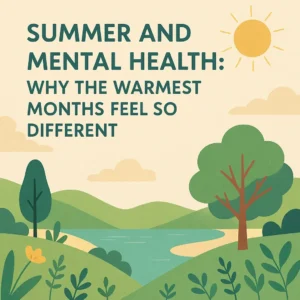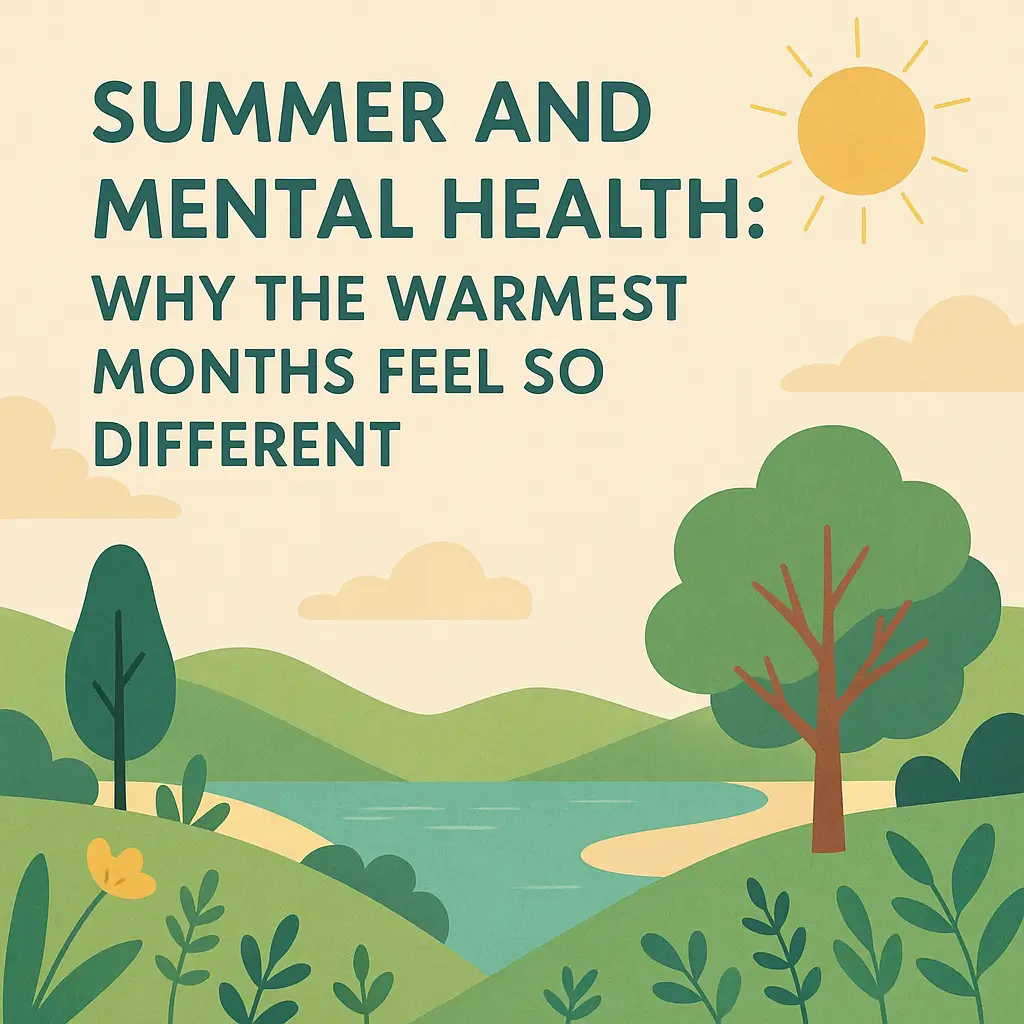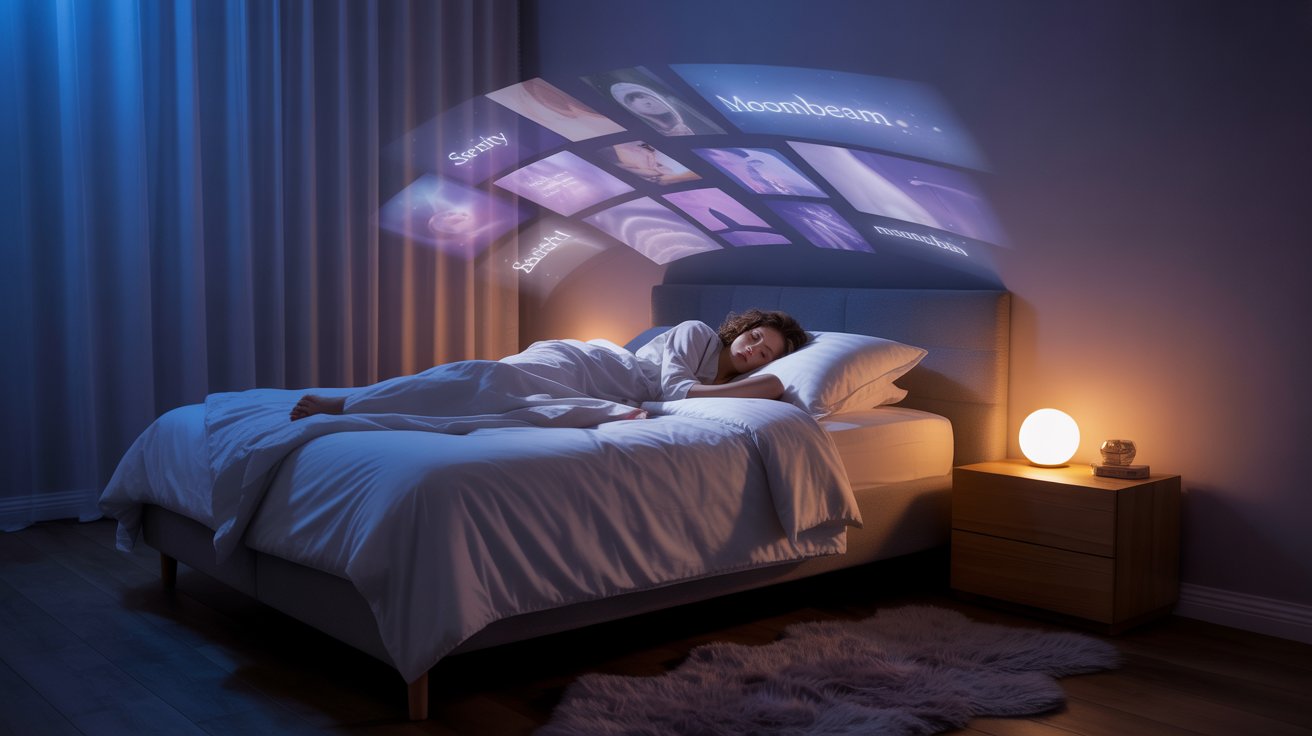A Quick Note Before We Begin: Before diving in, please remember that this article is meant to inform and educate, not to replace professional medical advice. Always talk with your healthcare provider before making changes to your diet, exercise routine, or treatment plan. Mental health is deeply personal, and what works for one person may not work for another.
What Is Morning Depression?
Have you ever noticed that your depression feels worse when you first wake up? You’re not alone. Many people experience what doctors call “morning depression” or “diurnal variation” – fancy terms that simply mean feeling particularly down during the early hours of the day. It’s not your fault, and it’s not about being lazy. There’s actually a lot of biology behind why this happens.
The Morning Hormone Surge
Think of your body like a complex alarm clock. Every morning, it releases a surge of a stress hormone called cortisol to help wake you up. For most people, this works fine – it’s like having an internal cup of coffee. But if you’re dealing with depression, this cortisol spike can feel overwhelming, like someone turned the volume up too high on your anxiety. Instead of energizing you, it might make you want to pull the covers over your head and hide from the world.
Your Body’s Internal Clock
Our bodies run on what scientists call a circadian rhythm – basically, your internal clock. Some people’s clocks naturally run on a different schedule, and this can be influenced by your genes. Ever notice how some people are natural early birds while others are night owls? That’s partly due to genetics, particularly something called the RORA gene. When your natural rhythm doesn’t match up with your daily schedule, it can make depression symptoms worse in the morning.
The Inflammation Connection
Here’s something interesting: researchers have found that inflammation in your body, especially in a part of your brain called the hypothalamus, can make morning depression worse. Think of it like having a tiny internal thermostat that’s slightly off – when inflammation throws it out of balance, your mood can suffer. This is why some people wake up feeling both emotionally and physically uncomfortable.
Sleep and Depression: A Two-Way Street
Poor sleep and depression often go hand in hand, creating a frustrating cycle. When you’re depressed, it’s harder to sleep well, and when you don’t sleep well, depression often feels worse. Common issues like insomnia or sleep apnea can make this morning struggle even more challenging.
What Can Help?
The good news is that there are several ways to make mornings more manageable. Light therapy (using special lamps that mimic sunlight) can help reset your body clock. Gentle morning movement, like stretching or a short walk, can help burn off some of that excess morning cortisol. Some people find it helpful to practice mindfulness or keep a gratitude journal by their bedside.
The Power of Connection
Having someone to check in with in the morning can make a big difference. This could be a quick text to a friend, a morning call with a family member, or even joining an online support group. Sometimes, just knowing you’re not facing the morning alone can help lift that heavy feeling.
Creating a Morning Routine That Works for You
The key is to start small. Instead of trying to transform into a morning person overnight, begin with tiny steps. Maybe it’s just sitting up in bed for a few minutes before getting up, or having a glass of water ready on your nightstand. Over time, these small actions can add up to significant changes in how you feel in the morning.
When to Seek Professional Help
While self-help strategies can be valuable, sometimes they’re not enough on their own. If morning depression is significantly affecting your daily life, talking to a mental health professional can be incredibly helpful. They can offer personalized strategies and, if appropriate, discuss whether medication might be helpful as part of your treatment plan.
A Message of Hope
Remember, experiencing depression in the morning doesn’t mean you’re broken or failing. It’s a real biological response that many people face, and there are ways to make it better. Be patient with yourself as you try different strategies to find what works for you. With time, understanding, and the right support, mornings can become more manageable and even enjoyable.
Take things one day at a time, and remember that it’s okay to have bad days. What matters is that you’re taking steps to understand and address what you’re experiencing. You’re not alone in this journey, and there is hope for brighter mornings ahead.















